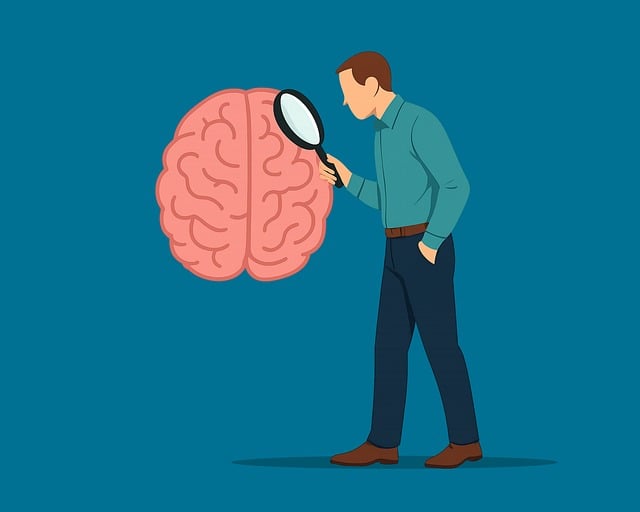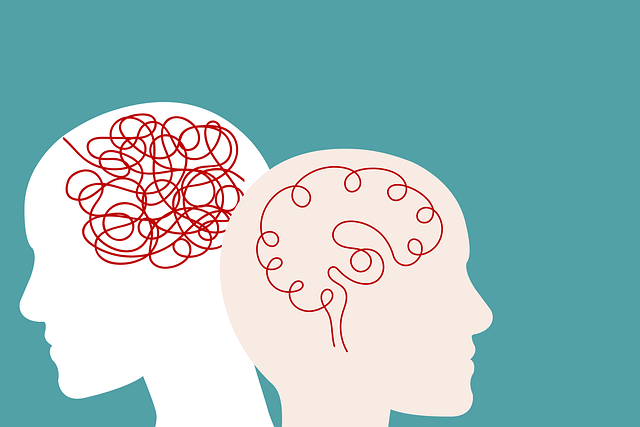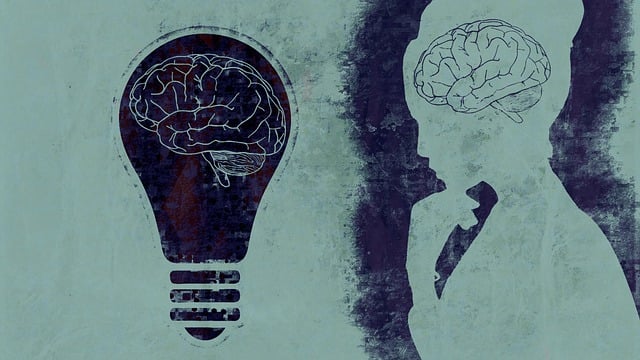In today's diverse Lakewood community, mental healthcare professionals must embrace cultural sensitivity to effectively serve clients from various backgrounds. This involves understanding unique cultural beliefs and practices, creating inclusive environments, and tailoring emotional well-being promotion techniques to resonate with authentic experiences. Organizations like Stress Management Workshops and Mental Wellness Podcast Series Production play key roles in educating both professionals and the community about mental wellness through diverse cultural lenses. Success in Lakewood Relationship Issues Therapy (LRT) relies on therapists with high emotional intelligence and cultural competency training, who employ tailored communication strategies based on each patient's background for positive outcomes.
“In an increasingly globalized world, cultural sensitivity is paramount in mental healthcare. Understanding and navigating cultural diversity ensures effective treatment for all. This article explores the nuances of providing culturally sensitive care, addressing challenges, and offering practical strategies.
We delve into case studies, including the success story of Lakewood Relationship Issues Therapy, demonstrating how awareness and adaptability can revolutionize mental health support. By embracing these principles, healthcare providers can offer inclusive, compassionate, and tailored therapy.”
- Understanding Cultural Diversity in Mental Healthcare
- Challenges and Barriers in Cross-Cultural Therapy
- Strategies for Culturally Sensitive Practice
- Case Studies: Successful Cultural Sensitivity in Action at Lakewood Relationship Issues Therapy
Understanding Cultural Diversity in Mental Healthcare

In today’s diverse society, mental healthcare professionals must embrace cultural sensitivity to provide effective treatment for a wide range of clients. Understanding cultural diversity involves recognizing and appreciating the unique beliefs, values, and practices that shape individuals’ lives. This is particularly relevant in Lakewood, where a vibrant mix of cultures coexists, each bringing its own set of relationship issues and perspectives on mental health. By integrating knowledge about these diverse backgrounds, therapists can create inclusive environments that foster trust and open communication.
For instance, when addressing relationship issues, techniques promoting emotional well-being must be tailored to respect different cultural norms around expression and intimacy. Some communities may prioritize collective decision-making or have specific rituals for resolving conflicts, while others might favor individualistic approaches. A therapist skilled in cultural sensitivity would adapt their Emotional Well-being Promotion Techniques to honor these differences, ensuring that interventions resonate with clients’ authentic experiences. Additionally, organizations like Stress Management Workshops can play a vital role in educating both professionals and the community about mental wellness through diverse cultural lenses, while Mental Wellness Podcast Series Production can offer accessible platforms for sharing insights and stories from various cultural perspectives.
Challenges and Barriers in Cross-Cultural Therapy

Navigating cross-cultural therapy can pose unique challenges for mental healthcare providers, especially in diverse communities like Lakewood. Understanding cultural nuances and beliefs is essential when addressing relationship issues in therapy. One significant barrier is communication; language differences and idiomatic expressions can lead to misunderstandings, hindering effective treatment. For instance, a patient’s reluctance to express emotions openly might not be interpreted correctly if the healthcare provider lacks cultural sensitivity.
Moreover, differing perspectives on mental health and wellness contribute to these challenges. Some cultures emphasize community support over individual therapy, while others may view certain emotional expressions as taboos. Lakewood Relationship Issues Therapy demands that providers possess high levels of emotional intelligence and healthcare provider cultural competency training to overcome these barriers. Effective communication strategies tailored to each patient’s cultural background are vital for successful treatment outcomes.
Strategies for Culturally Sensitive Practice

Incorporating cultural sensitivity into mental healthcare practices is an essential step towards providing inclusive and effective treatment for a diverse range of patients, including those in Lakewood experiencing relationship issues. This involves actively listening to and understanding clients’ cultural backgrounds, values, and beliefs, which can significantly influence their emotional healing processes. Therapists can start by educating themselves on various cultural contexts, seeking training in cultural sensitivity, and learning conflict resolution techniques tailored to different communities.
A Community Outreach Program Implementation can play a pivotal role in bridging the gap between mental healthcare services and culturally diverse populations. By engaging with local communities, therapists can learn about specific challenges and strengths within these groups, fostering more personalized approaches. Through this process, therapists not only improve their practice but also enhance emotional healing processes for clients, ensuring they receive care that resonates with their cultural identities.
Case Studies: Successful Cultural Sensitivity in Action at Lakewood Relationship Issues Therapy

At Lakewood Relationship Issues Therapy (LRT), cultural sensitivity is deeply embedded in their approach to mental healthcare. Case studies highlight successful interventions where therapists carefully navigated complex cultural dynamics, fostering trust and understanding with diverse clients. For instance, a study of an Asian-American couple struggling with communication issues showcased the therapist’s ability to incorporate cultural values into conflict resolution techniques. By recognizing the couple’s need for respect and hierarchical considerations, the therapist created a safe space for open dialogue, leading to improved mental wellness and relationship satisfaction.
LRT’s commitment to mental health awareness is evident in their tailored approach. Therapists are trained to recognize and appreciate the impact of cultural factors on mental health expression and healing. Through active listening and cultural competence, they facilitate effective communication, ensuring clients feel heard and validated. This sensitive and nuanced practice extends beyond language translation, delving into the intricate web of customs, beliefs, and family dynamics that influence an individual’s mental wellness and overall well-being.
Cultural sensitivity is a cornerstone of effective mental healthcare, and as evidenced by successful practices like Lakewood Relationship Issues Therapy, it can significantly enhance patient outcomes. By understanding cultural diversity, navigating cross-cultural therapy challenges, and implementing sensitive strategies, healthcare providers can create inclusive environments that foster trust and understanding. This approach not only respects individual identities but also ensures access to quality care for a diverse range of patients, ultimately revolutionizing mental healthcare practices.











